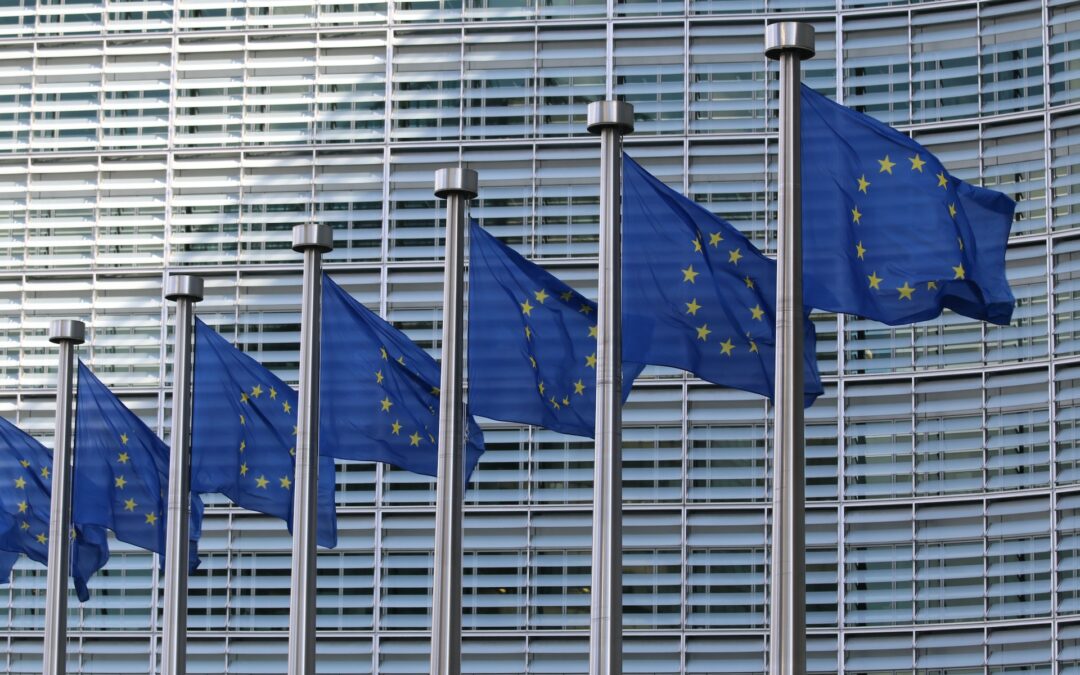On 14 February, The European Parliament (EP) voted in favor of a framework mechanism to screen foreign direct investments (FDI) at EU level, the European Commission (EC).

The EU has one of the world’s most open investment regimes, as acknowledged by the OECD in its investment restrictiveness index. Whereas the EU and its Member States recognize the substantial benefits of foreign direct investments as key drivers of competitiveness and economic development, concerns about the rise of foreign investments taking over control of strategic technologies and resources has become an increasing concern for governments over the past years both within the EU and globally.
The European framework for screening of foreign direct investments (FDI) will allow Member States and the Commission to cooperate and exchange information on investments from third countries that may affect security or public order in the EU.
The foreign investment as covered by the proposal extends over a broad range of investments, which establish or maintain lasting and direct links between investors from third countries and undertakings carrying out economic activities in Member States. The proposal does not, however, cover portfolio investments.
The new EU framework for FDI screening:
- establishes a cooperation mechanism between Member States and the Commission. Within the framework, they will be able to exchange information and raise concerns related to specific investments.
- allows the Commission to issue opinions when an investment threatens the security or public order of more than one Member State, or when an investment could undermine a project or programme of interest to the whole EU.
- encourages international cooperation on investment screening, including sharing experience, best practices and information on issues of common concerns.
- sets certain requirements for Member States, which wish to maintain or adopt a screening mechanism at national level.
The Regulation will enter into force once the Council also give its approval. The Council is expected to approve the Regulation in March 2019.
After that, Member States and the Commission will have 18 months to put in place the necessary arrangements for the new mechanism to operate.
The Regulation should be fully operational, most probably by November 2020.
More information at:
- Commission press release
- EP Briefing from February 2019
- A broader analysis of various issues surrounding the measure by our team: “How Many Barriers Should a Steeple Chase Have? Will the EU’s Proposed Regulation on Screening of Foreign Direct Investments Add yet More Delaying Barriers When Getting a Merger Deal through the Clearance Gate, and Other Considerations” , D. Rovetta & A. Smiatacz, Kluwer Global Trade and Customs Journal, Volume 14, Issue 2, 2019
